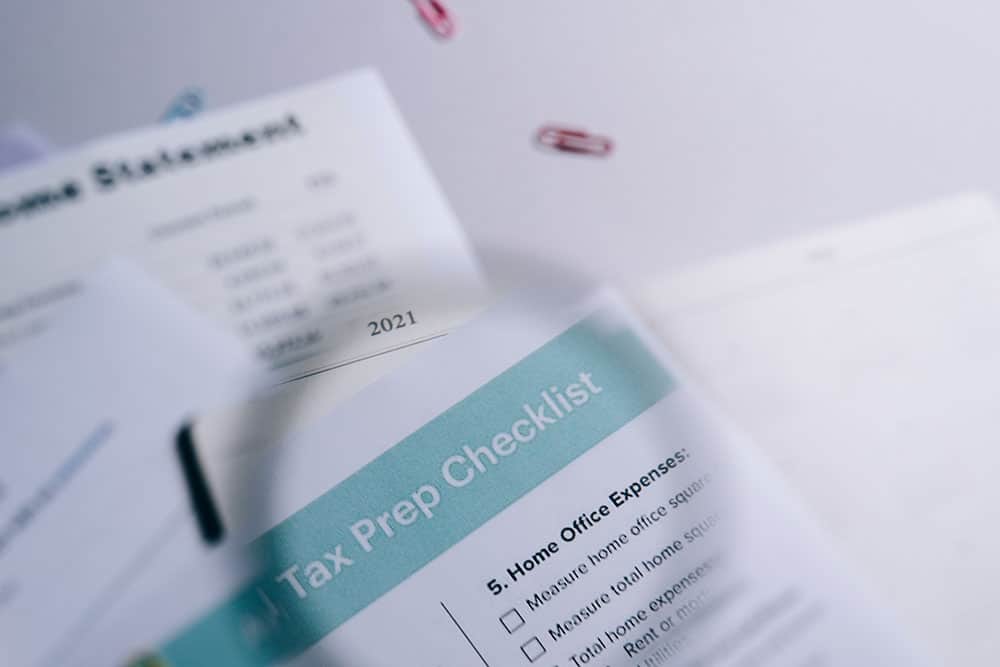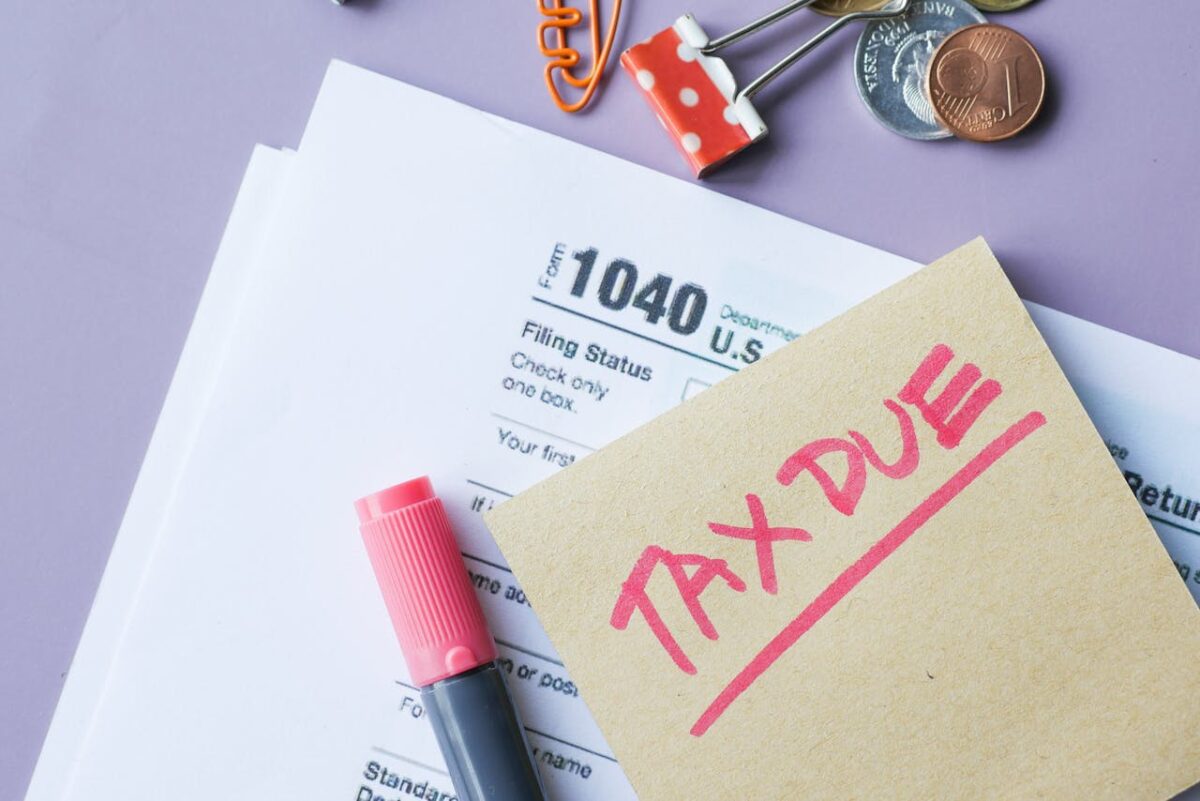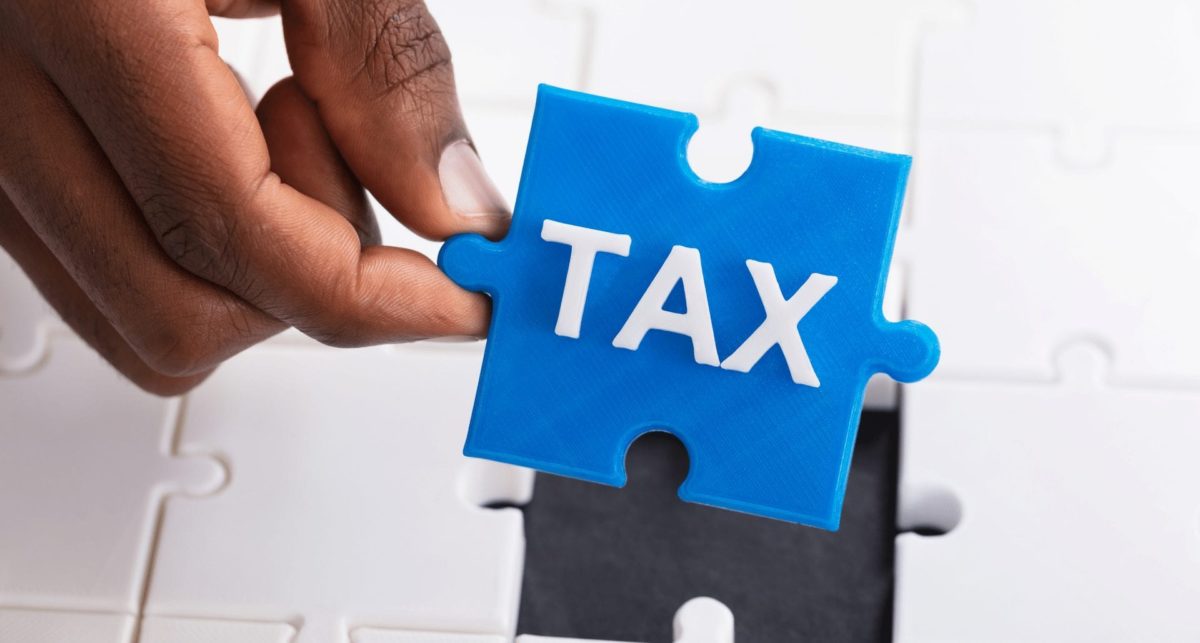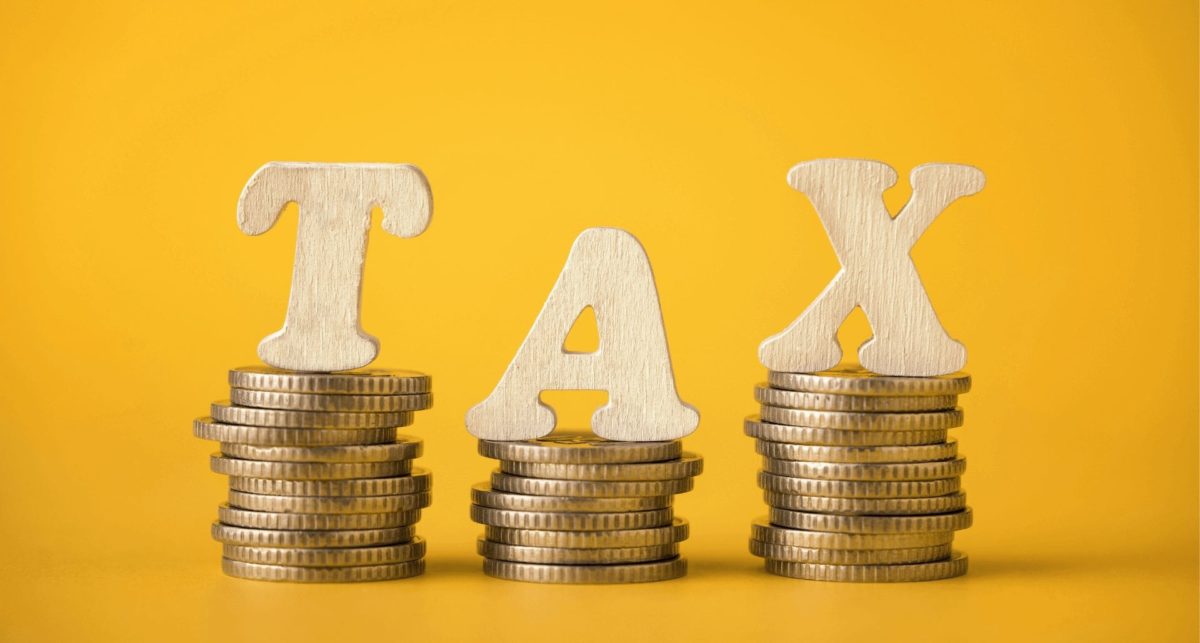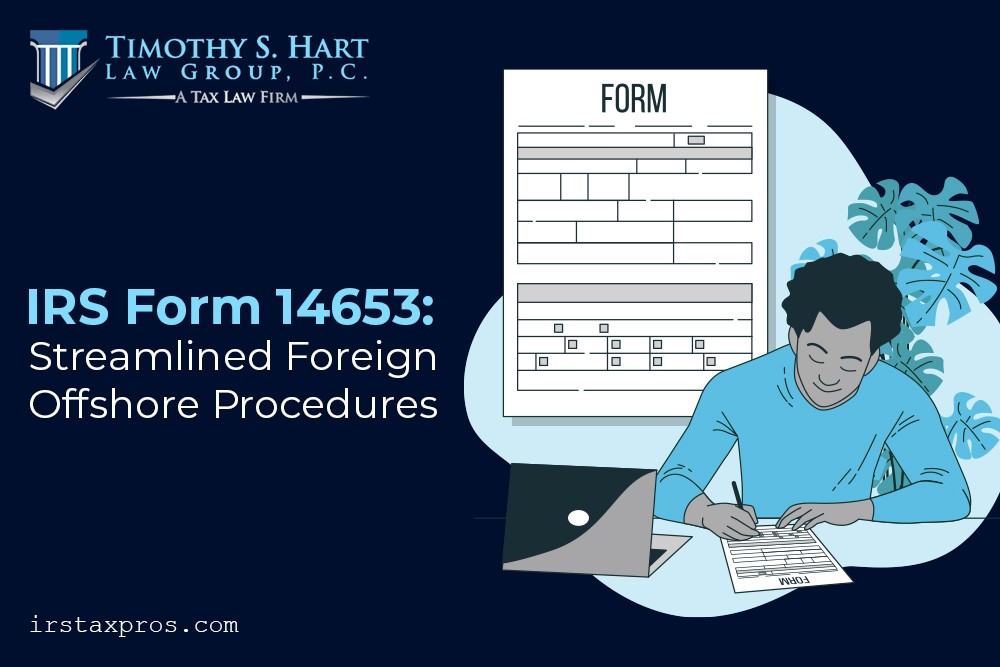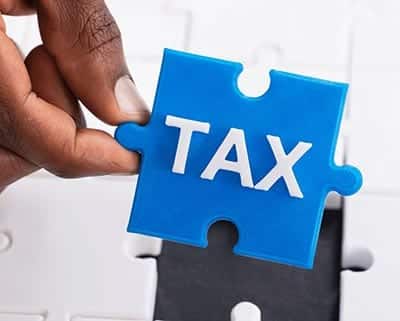
IRS Automated Collection System (ACS)
April 7, 2024 | Payment Plans tax collections Tax Help Tax Issues
What to Expect When the IRS's Automated System Tries to Collect Your Back Taxes If you have outstanding tax debts your account is typically sent to the IRS Automated Collection System (ACS). The ACS is a system used to manage the collection of outstanding IRS tax debts from individual taxpayers and businesses. If you have received a notice from IRS ACS and are unsure what to expect, here’s everything you need to know. What is the IRS Automated Collection System?... CONTINUE READING




